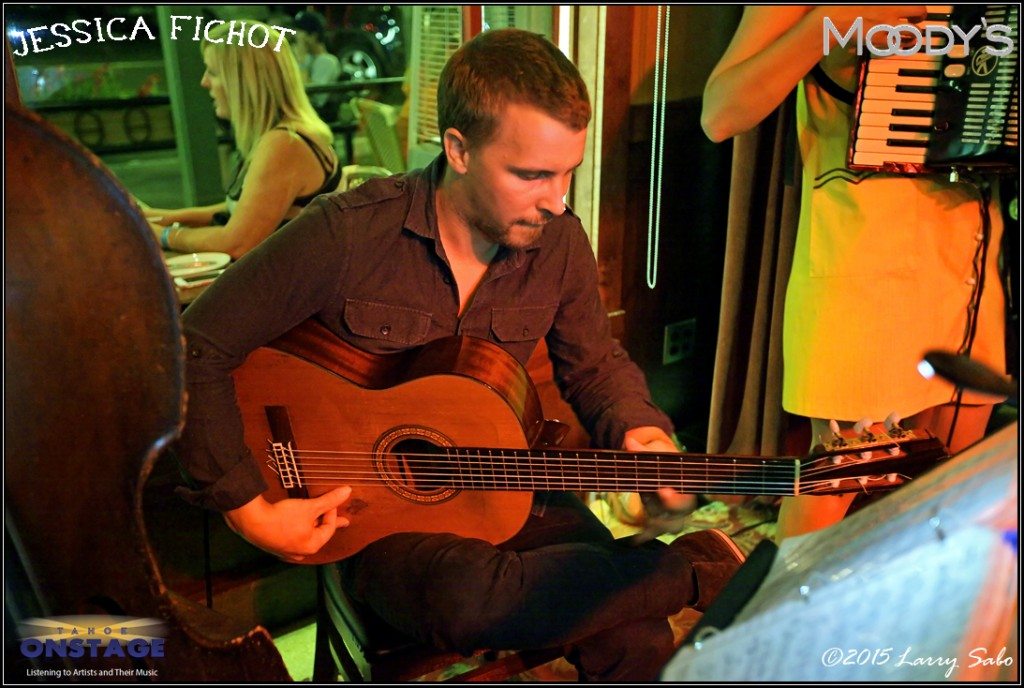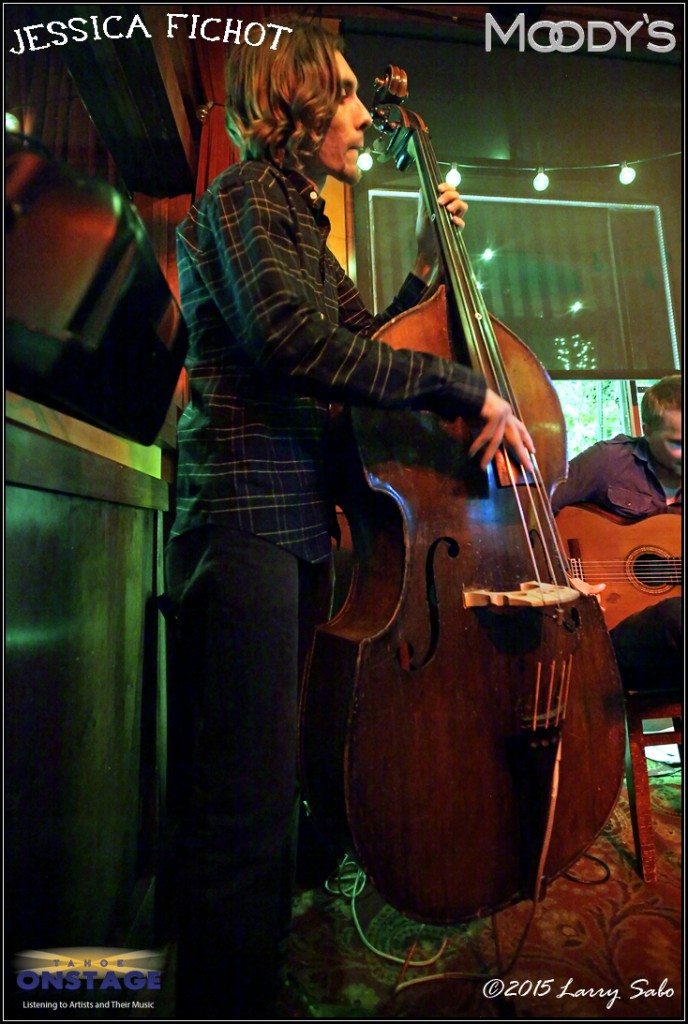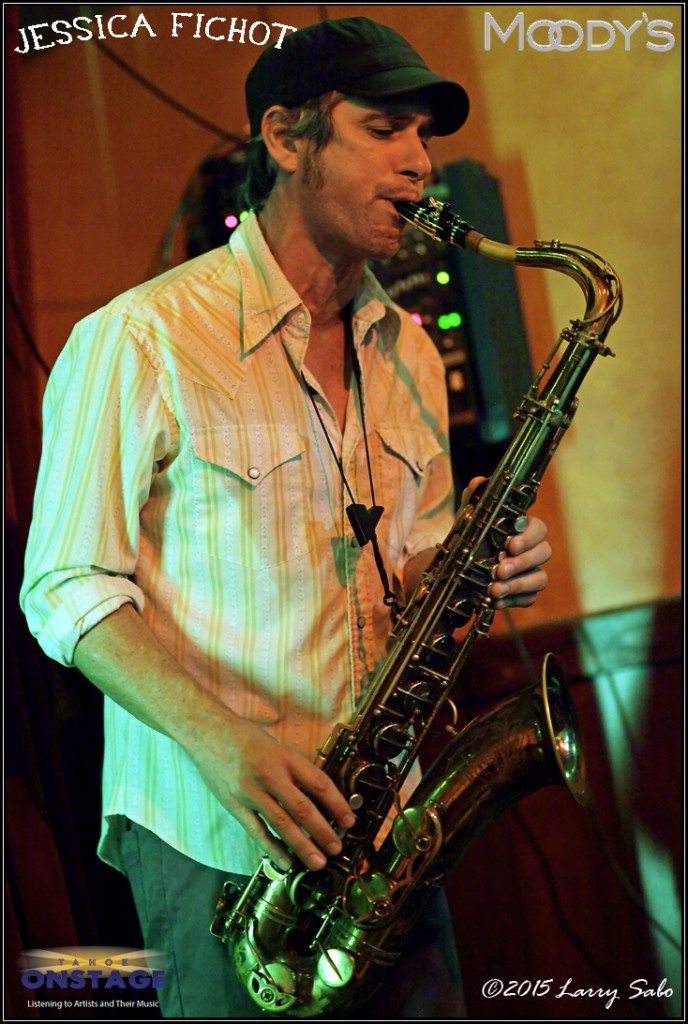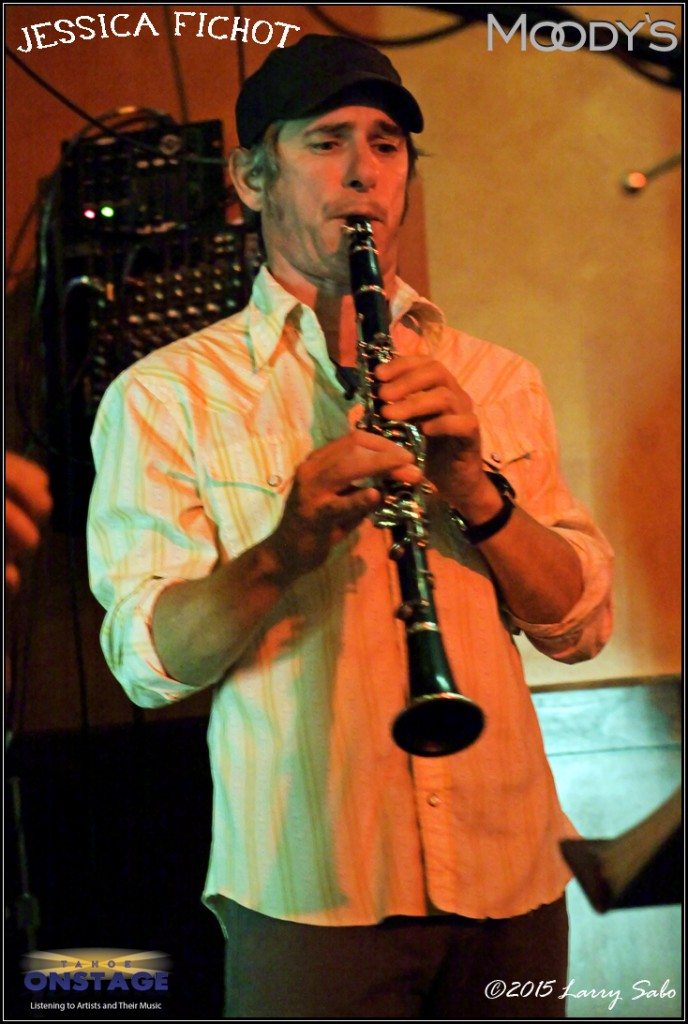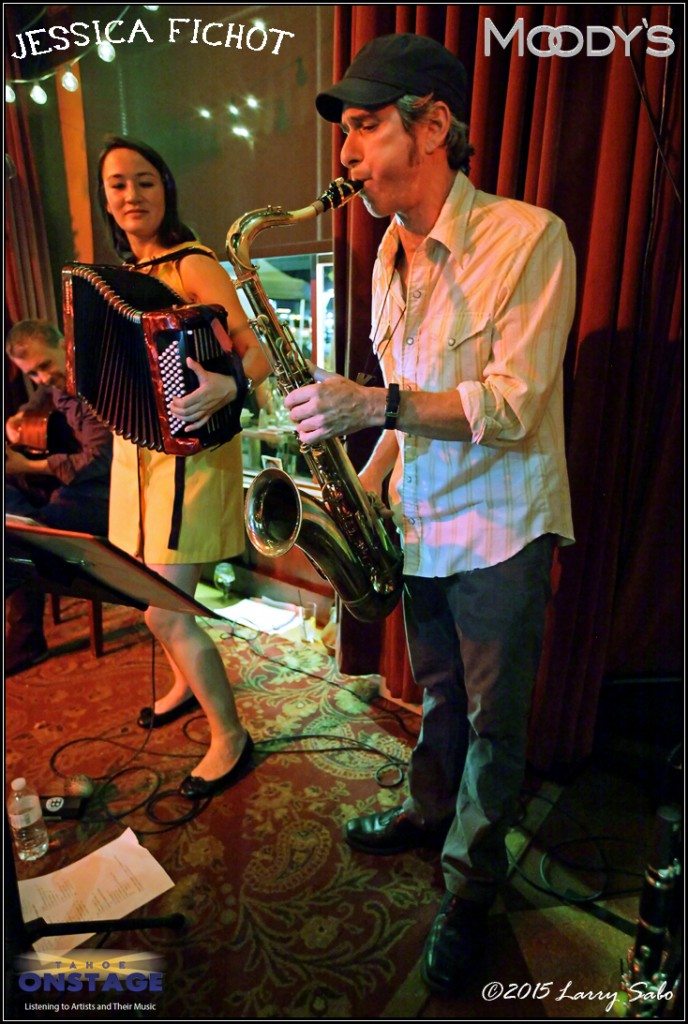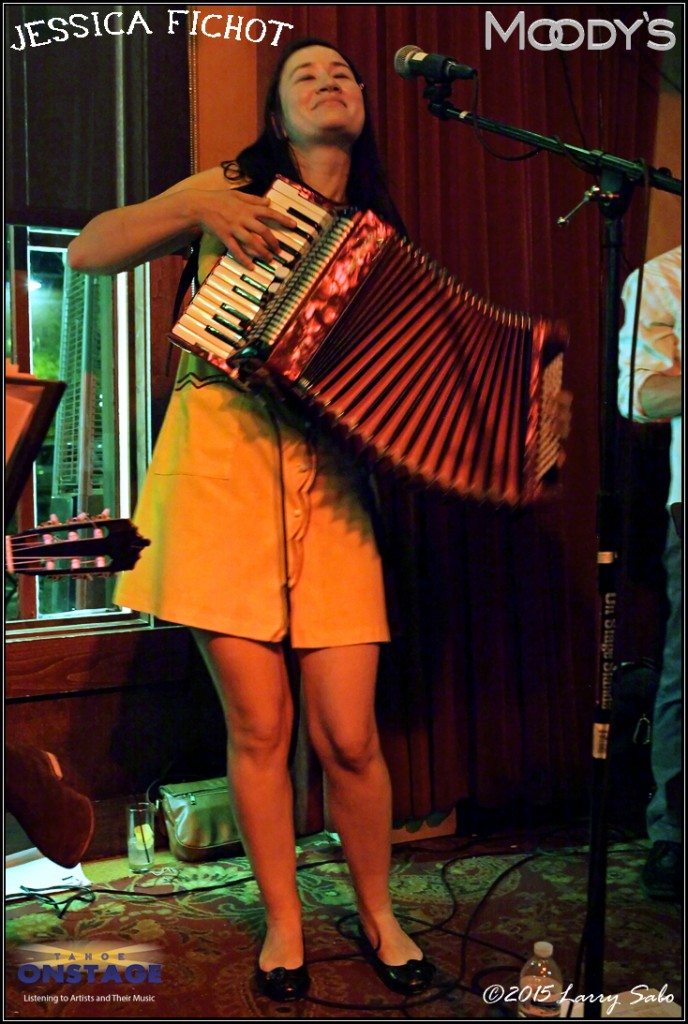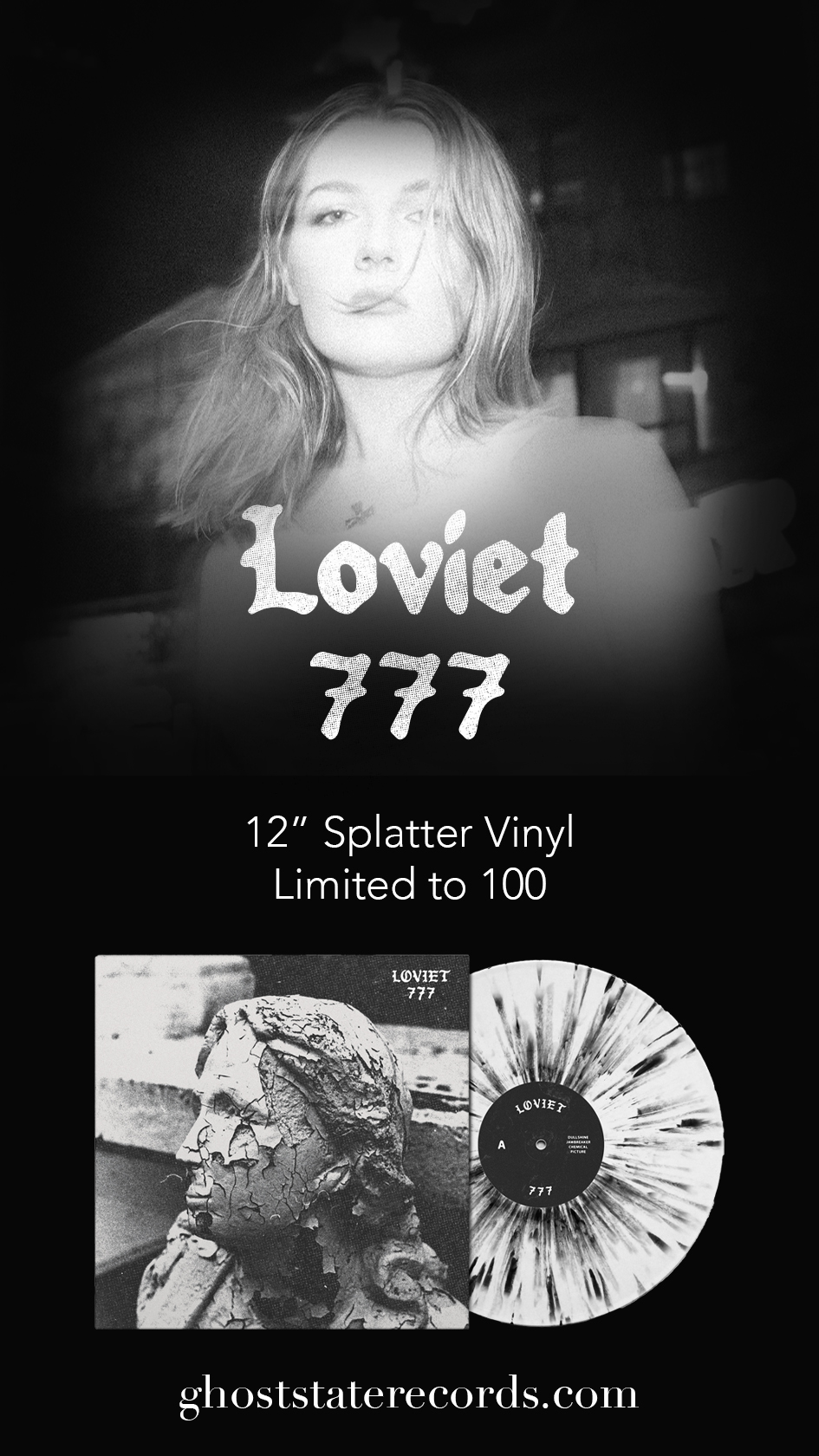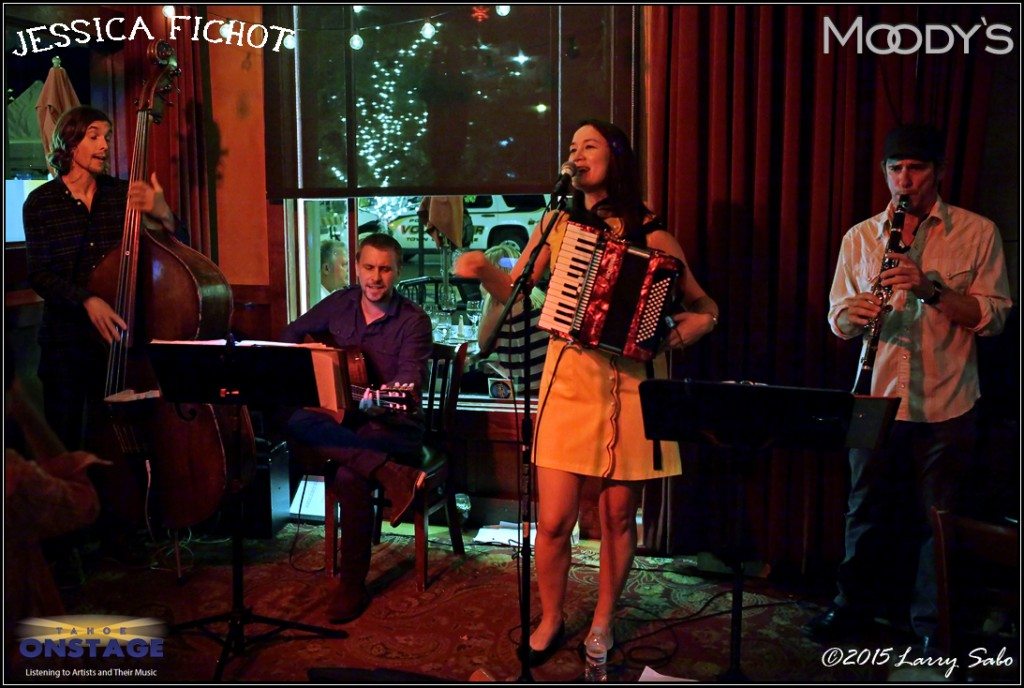
Tahoe Onstage photos by Larry Sabo
A casualty of China’s Cultural Revolution has been brought back to life.
Jessica Fichot, whose band performed Aug. 20 at Moody’s Bistro in Truckee, has recorded an EP with covers of 1940s Shanghai jazz songs. “Dear Shanghai,” which also included two songs written by Fichot, is entirely sung in Chinese Mandarin.
A Los Angeles resident, Fichot was raised in Paris and studied at Berklee School of Music in Boston. Her mother is Chinese and father is French.
On her first two albums, Fichot sings mostly in French but also Spanish, English and Chinese.
She has performed in Shanghai four times. It was during her second visit when she learned about the city’s thriving jazz scene in the 1930s and ’40s. After Shanghai became a major international port, a great number of French moved in and brought with them the phonograph. Presumably to escape racism in his native country, African-American trumpet player Buck Clayton moved to Shanghai, where he collaborated with Chinese songwriter Li Jinhui, and Shanghai became a hub for original jazz music.
In 1949, when Chairman Mao Zedong came into power, instruments were confiscated, musicians were arrested and Shanghai’s nightclubs in the French Concession district were closed. Mao considered jazz to be pornography. Clayton left Shanghai and became a star back in the United States as a band leader and as a member of Count Basie’s Old Testament orchestra.
“I was walking around Shanghai and stumbled upon what is probably the only remaining legal record store,” Fichot told Tahoe Onstage. “I found some CDs of vintage singers, bought one and started listening to it. There are a lot of styles that people are familiar with and it’s something that fits my own personal history, so when I sing these songs it doesn’t seem that strange. It’s different but it’s not that far of a stretch because the French songs I sing have similar influences.”
Fichot was born in the U.S. and returned to study music.
“I wanted to study songwriting,” she said. “I grew up in France singing in English for everybody else and it was kind of exotic and foreign. But when I came to the United States, everybody sang in English, and at Berklee most everybody was doing what I was doing. I wanted to do something different but I didn’t quite know what it was.”
After she moved to L.A., Fichot discovered the music of Lhasa de Sela, who like the contemporary artist Manu Chao, sang in English, Spanish and French.
Whether she sings in French, Mandarin, Spanish, Portuguese, Russian or English, Fichot said there is a commonalty with each of them.
“Music is a universal language,” she said.
While tones are critical to Mandarin, songs in the language are dictated by their melodies.
“Thankfully, it is easier to sing in a language than to speak it, so I feel pretty comfortable singing songs from the ’40s,” Fichot said. “If you pronounce a syllable with a different tone it can mean something different, but when you sing Chinese you don’t have to pronounce tones. There are five tones in Mandarin Chinese. Even a Chinese speaker has trouble understanding lyrics because the tones are not pronounced.”
While songs from “Dear Shanghai” were featured on Fichot’s California tour this week, she also sang songs from her 2007 debut album “Le Chemin” and 2012’s “Le Secret,” described in press materials as an international meeting point for French chanson, folk, gypsy jazz and world music.

